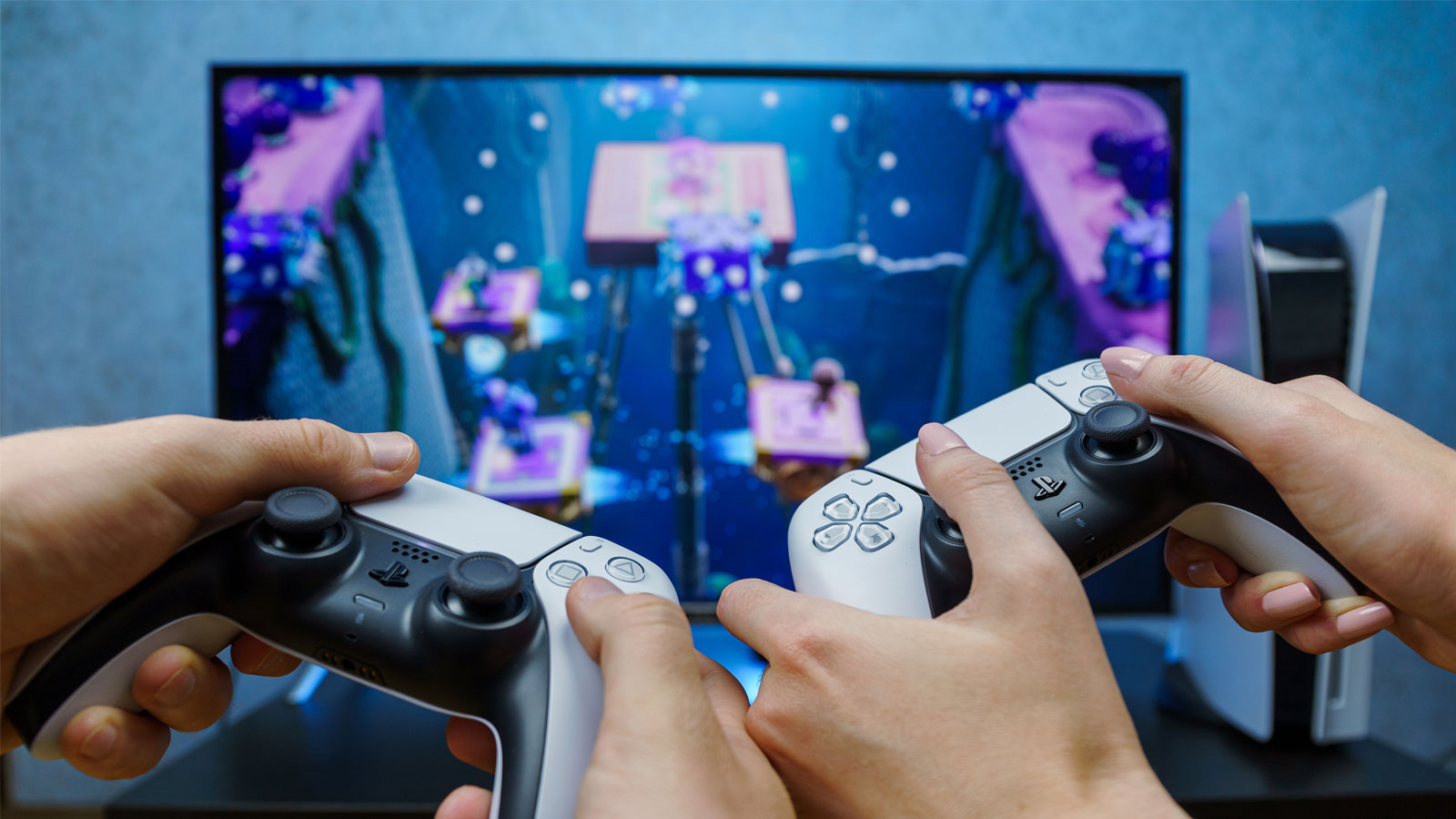In the landscape of gaming, whether it be tabletop games, video games, or sports, the interplay between luck and skill remains a central theme. This balance significantly influences not only the enjoyment and engagement a game offers but also its perceived fairness and competitive integrity. The intricacies of how luck and skill interact can determine the longevity and appeal of a game, attract diverse player demographics, and create varied experiences for participants.
Understanding Luck and Skill
Luck refers to the unpredictable elements in a game that can affect outcomes in ways beyond a player’s control. This could include the roll of the dice in a board game, the random card draws in a card game, or even the chance events that can occur in some video 에볼루션카지노 주소 such as loot drops. Conversely, skill encompasses the player’s ability to execute strategies, make critical decisions, and employ tactics that can lead to victory. The balance between these two elements often defines a game’s essential character and can lead to vastly different player experiences. Games that lean heavily on luck can be more accessible for casual players, while those that emphasize skill often promote competitive environments where expertise is more rewarding.
The Role of Luck in Games
Luck can serve multiple purposes in gaming. First, it can create a sense of unpredictability, keeping players engaged and surprised by potential outcomes. This element of surprise can be exhilarating, as players often find joy in unexpected victories or dramatic comebacks spurred by fortunate circumstances. Moreover, luck can help to level the playing field between experienced and novice players. In games where chance plays a significant role, less experienced players can sometimes achieve surprising results, thereby increasing enjoyment and encouraging continued participation. However, while luck can enhance excitement, it can also frustrate players who feel that their skill is rendered irrelevant, leading to a potential decline in their long-term interest.
The Role of Skill in Games
Skill is often viewed as the backbone of competitive gaming, allowing individuals to leverage their experience and knowledge of the gameplay mechanics. In skill-based games, mastery often leads to more predictable outcomes, where consistent players outperform less skilled opponents over time. This aspect of gaming can foster a sense of achievement and progression, as players invest time in refining their abilities. Moreover, games that reward skill can encourage extensive learning and practice, creating communities where players share strategies and tactics. The development of skill and expertise not only enhances player engagement but also provides a sense of ownership over their gaming experience.

Achieving the Right Balance
Finding the right balance between luck and skill is crucial for game designers. Games that are too reliant on luck may invite casual players but risk losing serious competitors who crave skill-based challenges. Conversely, games that are predominantly skill-based may alienate novice players who feel overwhelmed and incapable of competing. To create a successful gaming experience, designers often strive to incorporate both elements strategically—providing enough elements of luck to keep the gameplay heart-pounding and dynamic while embedding layers of skill-related challenges that encourage mastery. This harmonious interplay contributes to a richer gaming experience that appeals to diverse audiences.
The Cultural Context of Luck and Skill in Games
The cultural context in which games exist can also impact perceptions of luck and skill. In some cultures, games heavily integrated with luck, like many traditional board games, are celebrated as social activities that promote camaraderie among players. In contrast, competitive sports or esports, which are often dominated by skill, might be valorized in other cultures as a means of achievement and personal growth. The way players view luck and skill is influenced by cultural narratives, community values, and individual experiences. This societal perspective can also inform the design and popularity of games, with some cultures embracing games that provide a balance while others may favor one element over another.
Conclusion: The Evolution of Gaming Dynamics
The importance of balancing luck and skill in games continues to evolve as gaming becomes increasingly sophisticated. The rise of technology has led to new forms of gaming, merging elements of unpredictability with structured skill-related challenges in innovative ways. Developers today face the exciting challenge of crafting experiences that celebrate the merits of both luck and skill while fostering inclusive environments. Ultimately, the interplay of these two elements shapes our gaming experiences, drives player engagement, and fosters community, highlighting the nuanced and rich tapestry of gaming culture. As gaming evolves, understanding this balance will remain crucial, impacting how games are designed, played, and enjoyed across generations.